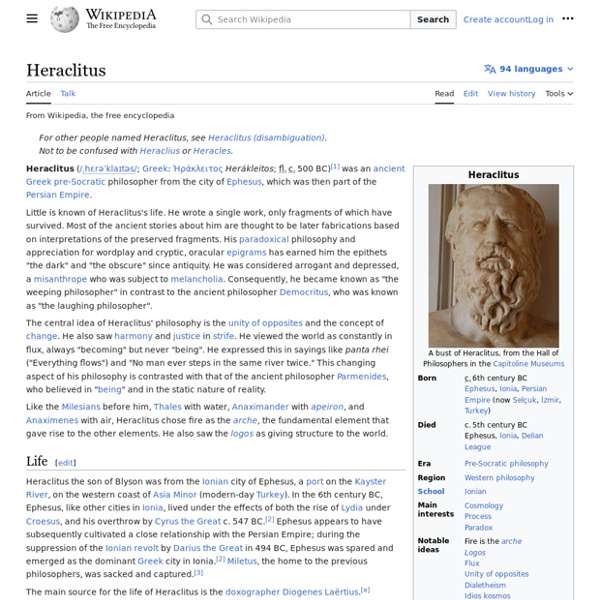Royal Society
national academy of science in the United Kingdom The Royal Society, formally The Royal Society of London for Improving Natural Knowledge,[1] is a learned society and the United Kingdom's national academy of sciences. Founded on 28 November 1660, it was granted a royal charter by King Charles II as "The Royal Society".[1] It is the oldest national scientific institution in the world.[2] The society fulfils a number of roles: promoting science and its benefits, recognising excellence in science, supporting outstanding science, providing scientific advice for policy, fostering international and global co-operation, education and public engagement. It also performs these roles for the smaller countries of the Commonwealth. The society is governed by its Council, which is chaired by the Society's President, according to a set of statutes and standing orders.
Gulliver's Travels
1726 novel by Jonathan Swift Gulliver's Travels, or Travels into Several Remote Nations of the World. In Four Parts. By Lemuel Gulliver, First a Surgeon, and then a Captain of Several Ships is a prose satire[1][2] of 1726 by the Irish writer and clergyman Jonathan Swift, satirising both human nature and the "travellers' tales" literary subgenre. It is Swift's best known full-length work, and a classic of English literature.
Ernst Mayr
German-American evolutionary biologist His theory of peripatric speciation (a more precise form of allopatric speciation which he advanced), based on his work on birds, is still considered a leading mode of speciation, and was the theoretical underpinning for the theory of punctuated equilibrium, proposed by Niles Eldredge and Stephen Jay Gould. Mayr is sometimes credited with inventing modern philosophy of biology, particularly the part related to evolutionary biology, which he distinguished from physics due to its introduction of (natural) history into science.
Critique of Judgment
The Critique of Judgment (Kritik der Urteilskraft), also translated as the Critique of the Power of Judgment, is a 1790 book by the German philosopher Immanuel Kant. Sometimes referred to as the "third critique," the Critique of Judgment follows the Critique of Pure Reason (1781) and the Critique of Practical Reason (1788). Context[edit] Immanuel Kant's Critique of Judgment is the third critique in Kant's Critical project begun in the Critique of Pure Reason and the Critique of Practical Reason (the First and Second Critiques, respectively). The book is divided into two main sections: the Critique of Aesthetic Judgment and the Critique of Teleological Judgment, and also includes a large overview of the entirety of Kant's Critical system, arranged in its final form.
Thomas Aquinas
Thomas Aquinas (; Italian: Tommaso d'Aquino, lit. 'Thomas of Aquino'; 1225 – 7 March 1274) was an Italian[10][11] Dominican friar, philosopher, Catholic priest, and Doctor of the Church. An immensely influential philosopher, theologian, and jurist in the tradition of scholasticism, he is also known within the latter as the Doctor Angelicus and the Doctor Communis.[12] The name Aquinas identifies his ancestral origins in the county of Aquino in present-day Lazio, Italy. He was the foremost classical proponent of natural theology and the father of Thomism; of which he argued that reason is found in God. His influence on Western thought is considerable, and much of modern philosophy developed or opposed his ideas, particularly in the areas of ethics, natural law, metaphysics, and political theory. Thomas Aquinas is considered one of the Catholic Church's greatest theologians and philosophers.
Jacob Klein
From Wikipedia, the free encyclopedia Jump to navigationJump to search
Hans Jonas
German philosopher of environmentalism and Gnosticism Hans Jonas (; German: [ˈjoːnas]; 10 May 1903 – 5 February 1993) was a German-born American Jewish philosopher, from 1955 to 1976 the Alvin Johnson Professor of Philosophy at the New School for Social Research in New York City. Biography[edit] Birth house of Hans Jonas in Mönchengladbach. In front of the house, two Stolpersteine were installed in 2008.
Process philosophy
Process philosophy (or ontology of becoming) identifies metaphysical reality with change and development. Since the time of Plato and Aristotle, philosophers have posited true reality as "timeless", based on permanent substances, while processes are denied or subordinated to timeless substances. If Socrates changes, becoming sick, Socrates is still the same (the substance of Socrates being the same), and change (his sickness) only glides over his substance: change is accidental, whereas the substance is essential. Therefore, classic ontology denies any full reality to change, which is conceived as only accidental and not essential.
Alfred North Whitehead
English mathematician and philosopher Alfred North Whitehead OM FRS FBA (15 February 1861 – 30 December 1947) was an English mathematician and philosopher. He is best known as the defining figure of the philosophical school known as process philosophy,[21] which today has found application to a wide variety of disciplines, including ecology, theology, education, physics, biology, economics, and psychology, among other areas. In his early career Whitehead wrote primarily on mathematics, logic, and physics. His most notable work in these fields is the three-volume Principia Mathematica (1910–1913), which he wrote with former student Bertrand Russell. Principia Mathematica is considered one of the twentieth century's most important works in mathematical logic, and placed 23rd in a list of the top 100 English-language nonfiction books of the twentieth century by Modern Library.[22]



